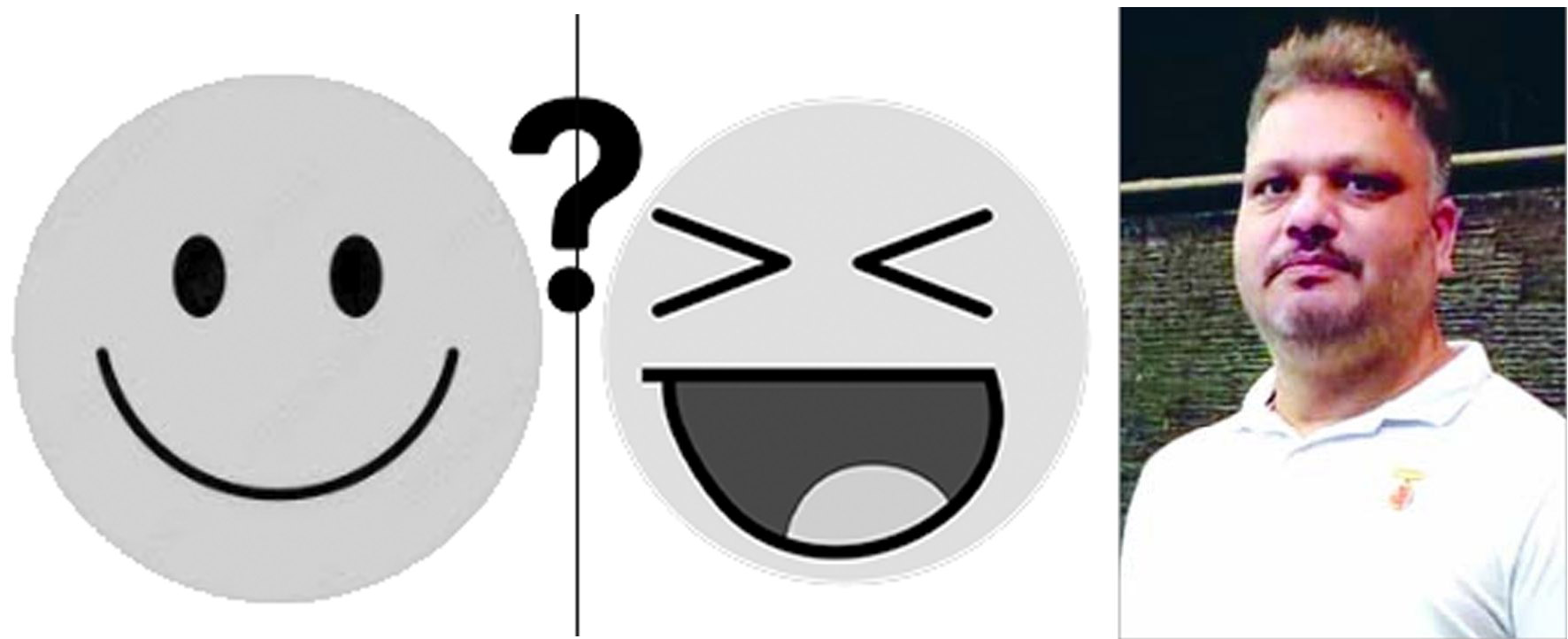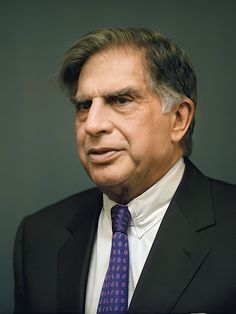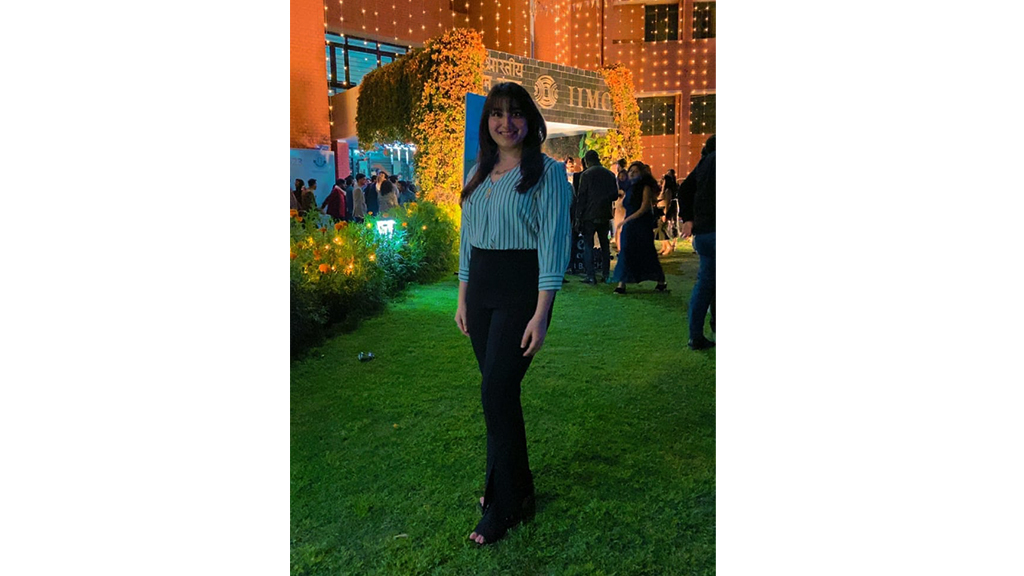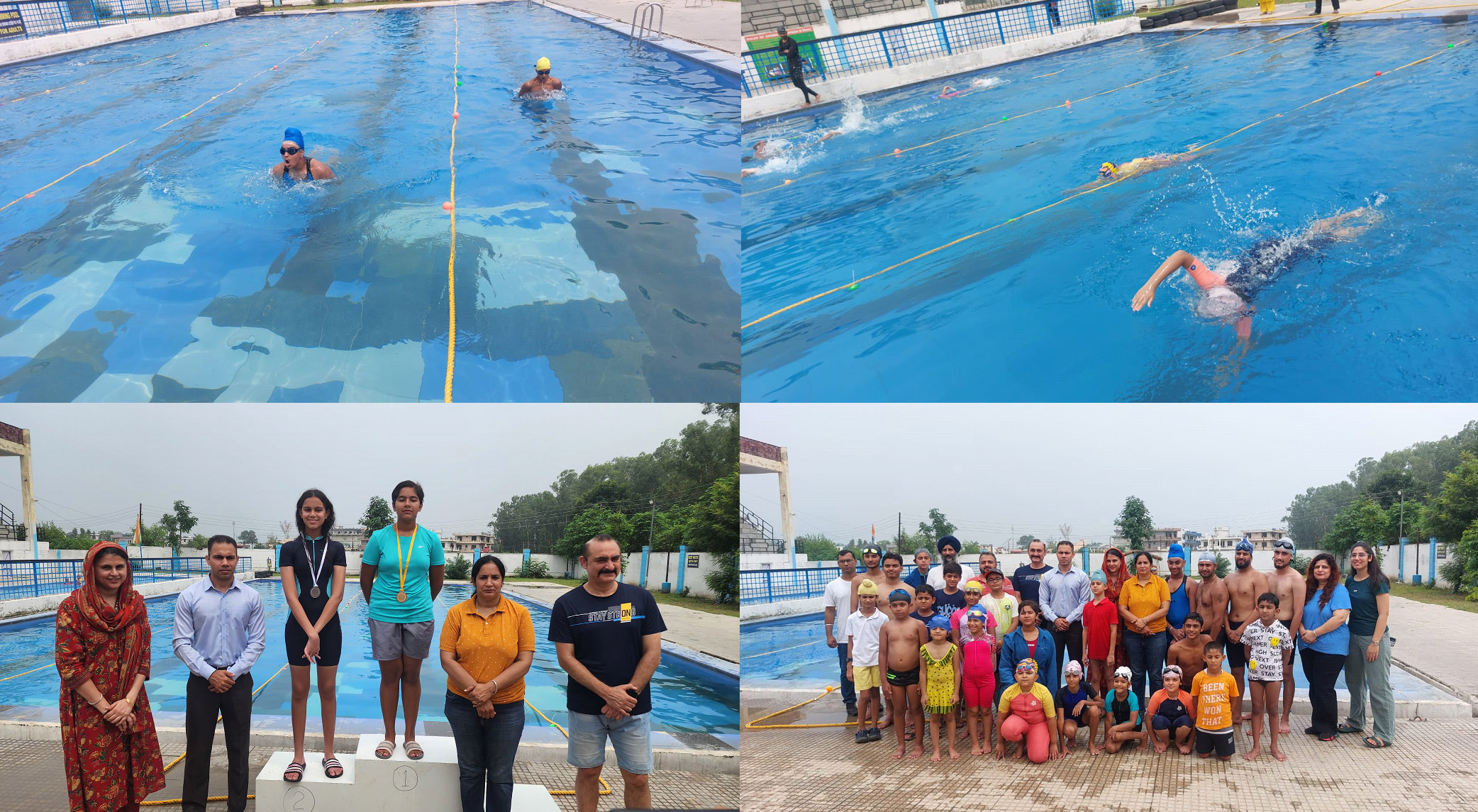
Happiness?
Happiness is more than a fleeting emotion; it is a state of well-being that encompasses living a good life with a sense of meaning and deep satisfaction. Studies show that happiness is linked to positive outcomes in health, productivity, and social relationships. It is essential for both personal fulfillment and societal harmony.
Happiness is more than a fleeting emotion; it is a state of well-being that encompasses living a good life with a sense of meaning and deep satisfaction. Studies show that happiness is linked to positive outcomes in health, productivity, and social relationships. It is essential for both personal fulfillment and societal harmony.
Life today is characterized by speed and efficiency. People juggle multiple responsibilities, often leading to a hectic schedule. The emphasis on productivity and the pressure to achieve can result in high stress levels and burnout.
In contemporary society, despite advancements in technology, healthcare, and overall living standards, many people report feeling less happy and more stressed. many people find themselves in a relentless pursuit of time and money, often at the expense of their happiness.
The traditional boundaries between work and personal life are increasingly blurred. Remote work and flexible schedules offer convenience but also make it difficult to disconnect from work, leading to an "always-on" mentality.
Modern work culture, with its long hours and blurred boundaries between work and personal life, leaves little room for relaxation and leisure. This imbalance contributes to burnout and a decrease in overall life satisfaction.
Societal norms and expectations play a significant role in driving individuals to chase time and money. From a young age, people are often conditioned to equate success with material wealth and professional achievements. This societal pressure creates a mindset where personal worth is measured by financial status and career milestones, leading to a continuous race to meet these benchmarks.
The demands of modern work life often extend beyond traditional working hours, blurring the lines between professional and personal time. Many people feel compelled to prioritize work to achieve financial stability or career advancement, neglecting their personal lives and self-care. This imbalance can lead to stress, fatigue, and a diminished quality of life.
Social media platforms foster a culture of comparison, where individuals constantly compare their lives to others' curated portrayals. This can create feelings of inadequacy and the fear of missing out (FOMO), driving people to pursue lifestyles and achievements that may not align with their true values. The need to keep up with others can result in a perpetual state of dissatisfaction and stress.
Economic instability and the rising cost of living contribute to financial anxiety. The need to secure financial stability in an unpredictable economic environment forces people to prioritize earning money over other aspects of life. This economic pressure can lead to long working hours and multiple jobs, leaving little time for leisure and relaxation.
Modern lifestyles often lead to the weakening of traditional community structures and social support networks. Increased mobility and urbanization can result in feelings of isolation and loneliness. Without strong social connections, individuals may lack the emotional support needed to navigate life's challenges, contributing to a decline in happiness.
True happiness, goes beyond momentary pleasures and involves a deeper, more enduring sense of fulfillment. it is not the absence of negative emotions but rather the ability to experience a full range of emotions while maintaining an overall sense of well-being.
Achieving happiness involves both external actions and internal mindset shifts. Here are some strategies to cultivate happiness:
- Invest time and effort in building strong, supportive relationships with family, friends, and community.
- Practice empathy, active listening, and open communication.
- Pursue activities that provide a sense of purpose and align with your values.
- Volunteer, participate in community service, or engage in hobbies that bring joy.
- Practice mindfulness techniques such as meditation to stay present and reduce stress.
- Build resilience by facing challenges with a positive attitude and learning from setbacks.
- Strive for a healthy work-life balance by prioritizing time for relaxation and activities you enjoy.
- Take breaks and vacations to recharge and avoid burnout.
- Set and work towards personal goals that foster self-improvement and learning.
- Embrace new experiences and challenges as opportunities for growth.
- Ensure regular physical activity, balanced nutrition, and adequate sleep.
- Manage stress through relaxation techniques, exercise, and seeking support when needed.
- Practice positive thinking and challenge negative thoughts.
- Surround yourself with positive influences and inspirational content.
Recognizing the multifaceted nature of happiness and taking proactive steps to cultivate it can help bridge the gap between the conveniences of modern life and the deep sense of well-being that everyone seeks.
Stay Happy Always.














